PROTECTION OF ANTIOQUIA'S BIODIVERSITY
REDD+ ECOSYSTEM INFRASTRUCTURE FOR FARMERS IN ANTIOQUIA, COLOMBIA
Ecosystem Infrastructure REDD+ is a climate change mitigation project (PMCC) that aims to conserve and reforest an area of 120,464 hectares in the north-western region of the department of Antioquia.
This project cooperates with local communities in 7 different municipalities of Antioquía:
- Urrao
- Abriaquí
- Frontino
- Cañasgordas
- Uramita
- Ituango
- Dabeiba
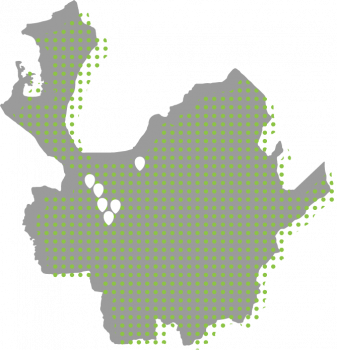
The project
How does the project contribute to the area?
The development of the REDD+ Ecosystem Infrastructure for farmers in Antioquia, Colombia, aims to:
To avoid the emission of 37,225,037 tCO2e over a period of 30 years.
Decrease the rate of deforestation and forest degradation in an area of 120,464 hectares
Create an ecological corridor between Paramillo National Natural Park and Las Orquídeas National Natural Park
Guarantee the economic well-being of more than 1,091 farming families
The project and the community
This REDD+ project directly involves local communities through the owners of the private land on which it is developed. Civil society associations ADEMUR, TEO-OCCIDENTE, COOPAAI and AGANADAN ensure governance, evaluation and control over the implementation of the project.
-
Strengthen the local governance of the project's beneficiary communities
-
Implement productive systems that allow for integrated forest management.
-
Promote a culture of care for the forest, water and biodiversity.
-
Implement forms of sustainable production in common with the farmers, forms of sustainable agricultural production.
-
Improve the resilience of local communities to climate change.

This project is developed under the CERCARBONO standard, using its Protocol for Voluntary Carbon Certification.
Cercarbono is a standard with a voluntary carbon certification programme that facilitates and guarantees the registration of Climate Change Mitigation Programmes or Projects (CCMPs), the certification of emissions, and the registration of the carbon credits generated by these initiatives.
How does this project contribute to the SDG’s?
By using CERCARBONO’s tool to report contributions of climate change mitigation initiatives to the Sustainable Development Goals, it is determined that the project is aligned with the 2030 Agenda and the Paris Agreement.
CERCARBONO is the only standard with an SDG verification process.

The activities implemented as part of the REDD+ Project will contribute to the achievement of the SDGs in the beneficiary communities, as stated by CERCARBONO’s tool, with a special focus on:
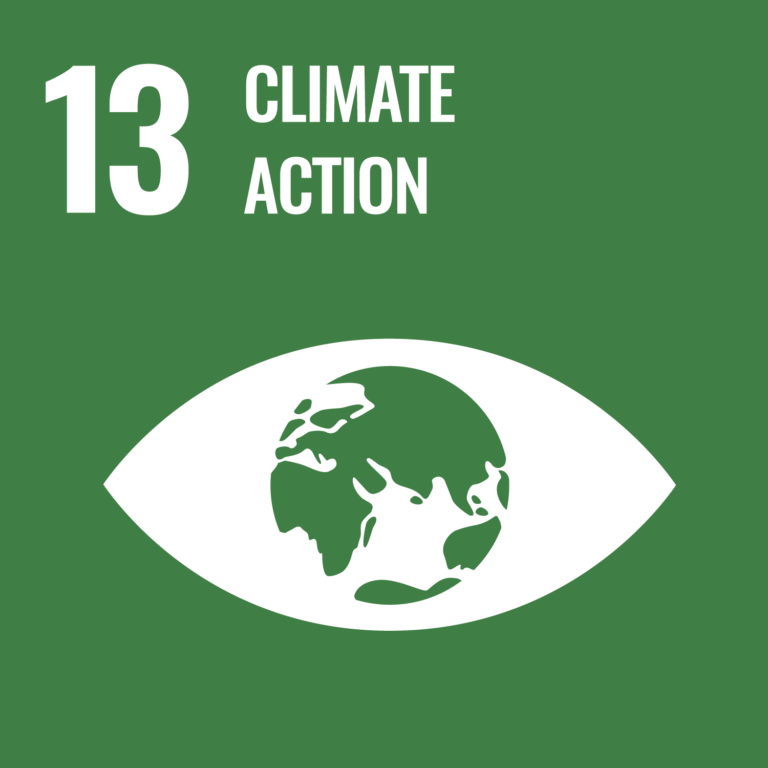
Proposals such as fire mitigation mechanisms, forest ranger patrols, protection of fauna and flora and implementation of an ecological corridor.
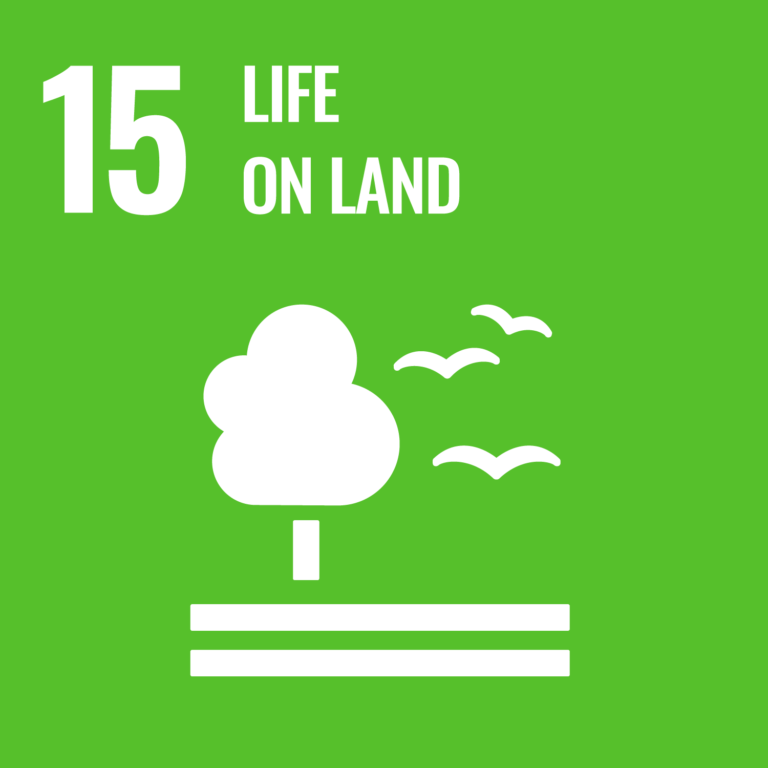
By designing an ecological corridor on private land the diversification of the biological genome of all species in the area is facilitated
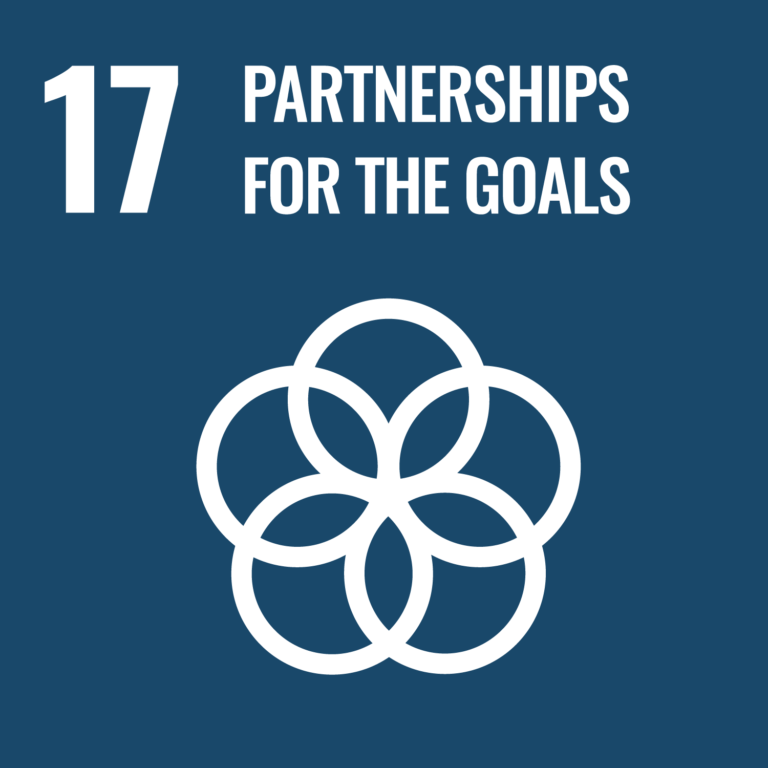
This project will serve as a model for cost-effectively halting the deforestation and degradation in many parts of the world, provided there is an organised cadaster and native forests.
Benefit sharing
The benefit sharing of this project is transparent and known by all beneficiaries and farmer associations.
Considering the individual and collective distribution, the landowners receive a total net benefit of 65%.
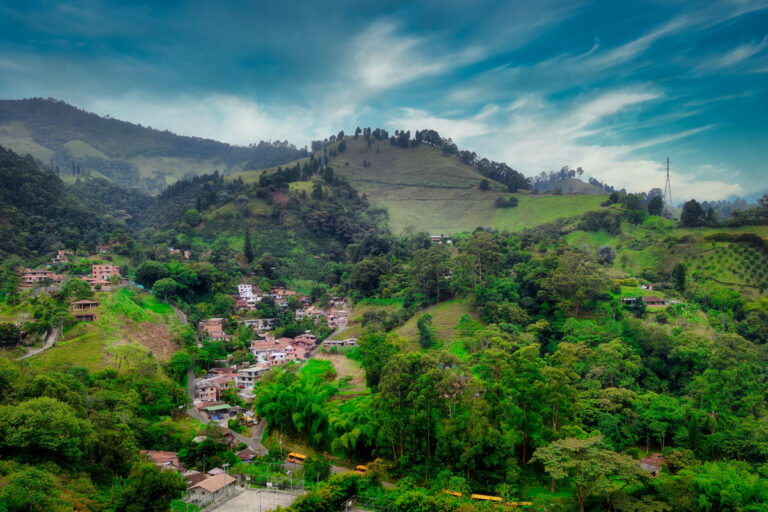
Interested in purchasing credits for this project?
We are here to help!
If you are interested in acquiring credits for the REDD+ Ecosystem Infrastructure for farmers in Antioquia, Colombia, feel free to contact us!


